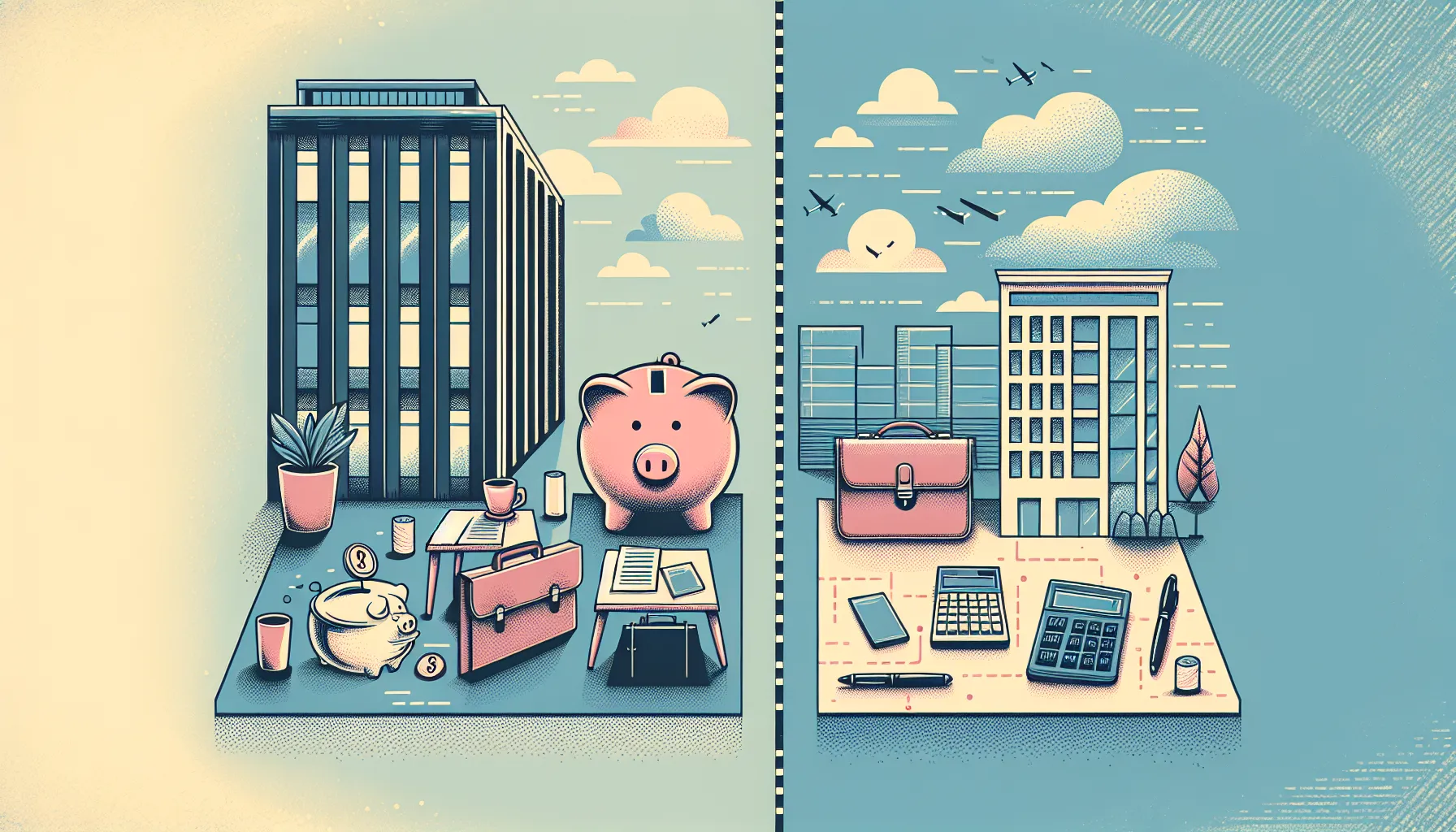Why Separating Your Finances Matters
Simplifying Tax Preparation
One of the primary reasons to separate your personal and business finances is to simplify your tax preparation. By keeping your finances separate, you can easily track your business income and expenses, making it easier to claim deductions and prepare accurate tax returns. This can save you time and money, and help you avoid potential issues with the IRS.
Protecting Your Personal Assets
When you mix your personal and business finances, you risk exposing your personal assets to business liabilities. If your business is sued or faces financial difficulties, creditors may be able to go after your personal assets if they are not properly separated. By maintaining a clear distinction between your personal and business finances, you can help protect your personal assets from potential legal issues.
Establishing Business Credibility
Separating your finances can also help establish credibility for your business. When you open a separate business bank account and use it exclusively for business transactions, it demonstrates that you are serious about your venture and operating professionally. This can be particularly important when seeking funding from investors or applying for business loans.
Steps to Separate Your Personal and Business Finances
Open a Business Bank Account
The first step in separating your finances is to open a dedicated business bank account. This account should be used exclusively for business transactions, such as receiving payments from clients, paying suppliers, and managing payroll. By keeping your business funds separate from your personal accounts, you can easily track your business income and expenses.
Obtain a Business Credit Card
In addition to a business bank account, consider obtaining a business credit card. This can help you further separate your business expenses and build your company’s credit history. Be sure to use the card solely for business purchases and pay off the balance in full each month to avoid incurring interest charges.
Set Up a Business Accounting System
To effectively manage your business finances, it’s essential to set up a proper accounting system. This can be as simple as using a spreadsheet to track your income and expenses, or you may choose to invest in accounting software designed specifically for small businesses. Regularly update your records and reconcile your accounts to ensure accuracy.
Pay Yourself a Salary
As a business owner, it’s important to pay yourself a salary from your business account. This helps maintain the separation between your personal and business finances and ensures that you are compensated for your work. Determine a reasonable salary based on your industry standards and business profitability, and transfer the funds from your business account to your personal account on a regular basis.
Keep Detailed Records
Maintain detailed records of all your business transactions, including invoices, receipts, and bank statements. These records will be crucial for tax purposes and can help you monitor the financial health of your business. Consider using a digital storage system or cloud-based platform to keep your records organized and easily accessible.
Conclusion
Separating your personal and business finances is a critical step in managing your small business effectively. By following the tips outlined in this article, you can simplify your tax preparation, protect your personal assets, and establish credibility for your business. Remember to open a dedicated business bank account, obtain a business credit card, set up a proper accounting system, pay yourself a salary, and keep detailed records of all your transactions. By maintaining a clear distinction between your personal and business finances, you can set your business up for long-term success.
For more information on managing your finances as a small business owner or entrepreneur, check out these related articles:
- The Importance of Separating Business and Personal Finances
- Saving for Retirement as a Freelancer or Entrepreneur
- How to Navigate Taxes as a Freelancer or Entrepreneur
- Financing Options for Growing Your Business
Frequently Asked Questions
What are the benefits of separating personal and business finances?
Separating your personal and business finances offers several benefits, including simplifying tax preparation, protecting your personal assets from business liabilities, and establishing credibility for your business. By keeping your finances separate, you can easily track income and expenses, claim deductions, and maintain a professional appearance.
How do I open a business bank account?
To open a business bank account, you’ll need to provide documentation such as your business license, tax identification number, and articles of incorporation or partnership agreement. Shop around and compare fees, interest rates, and services offered by different banks to find the best option for your needs.
Should I get a business credit card?
Obtaining a business credit card can be a wise decision, as it allows you to further separate your business expenses and build your company’s credit history. However, be sure to use the card exclusively for business purchases and pay off the balance in full each month to avoid interest charges.
What accounting system should I use for my business?
The accounting system you choose will depend on the size and complexity of your business. For small businesses, a spreadsheet or basic accounting software may suffice. As your business grows, you may need to invest in more robust accounting software or consider hiring a professional accountant or bookkeeper.
How do I determine a reasonable salary for myself?
When determining your salary as a business owner, consider industry standards, your business’s profitability, and your personal living expenses. It’s important to pay yourself a reasonable salary from your business account on a regular basis to maintain the separation between your personal and business finances.
